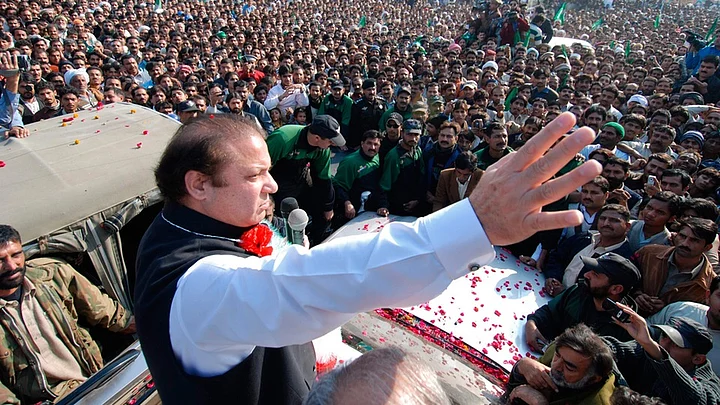Farah Adeed, a student at Pakistan’s University of Punjab, has drawn up comparisons that definitely deliver food for thought. In a piece for The Nation, Adeed has discussed Bertrand Russell’s 1952 book titled The Impact of Science on Society in order to drive home his point.
Adeed lists out Russell’s observations that trace the evolution of science during the Reformation and the consequent changes in the philosophies of life and universe. People who questioned or refuted ancients beliefs were considered sinful and frequently killed or exiled.
Adeed remarks that when one looks at Pakistani society, it is heart-wrenching to observe that “it is now like the Europe during the period of Mr. Thomas Hobbes and the unfortunate Vesalius”.
One can feel that, may be, we are not a part of this highly rationalised and civilised modern world and are struggling somewhere in Middle Ages.
He claims that superstitions, baseless traditional beliefs and the monopoly of clergy dominate every social, political and private affair. Those who challenge traditional morality are either mobbed or branded as spies and traitors.
Do our professors, apart from a very few exceptions, at universities not profess the ideas that modern science is contrary to Islamic principles and it has nothing to do with us or even with the progress of human civilisation?
Adeed points out that Europe, too, had faced a similar plight in the Dark Ages , but when it surfaced out of the shackles of irrationality, it contributed a lot to the development of human civilisation.
Pakistan, he says, “needs to understand that living in our own myopic and non-scientific world is dangerous not only for our own survival but for the whole human race. Hence, it is necessary for Pakistan to root out the old trees of ignorance from its soil for the sake of progress and prosperity.”
Adeed offers a few solutions needed to root out the regression.
The government in Pakistan needs to change its priorities, and focus on education, he remarks. Also, he assures readers that a strong emotional, religious and political opposition to this radical change in the system is inevitable, but modern states can suppress any undesirable rebellion with the power of propaganda and artillery.
This is what gives us a hope for a bright future, if our government takes its step.
(Source: The Nation)
(At The Quint, we question everything. Play an active role in shaping our journalism by becoming a member today.)
